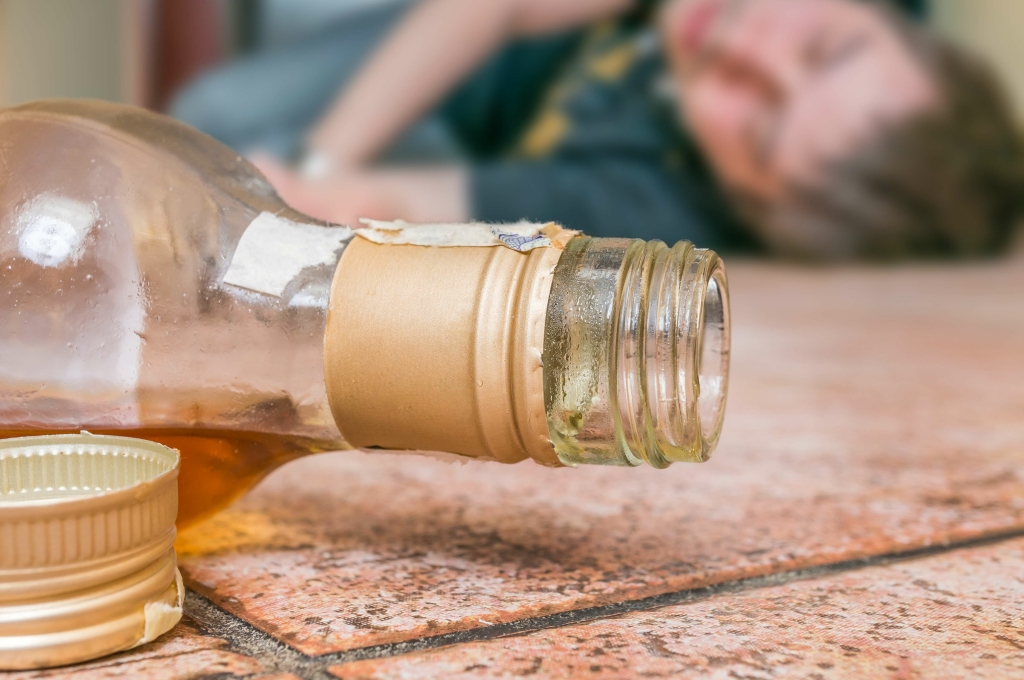Sobriety also offers an opportunity to strengthen bonds with loved ones. Addiction often strains relationships, causing hurt and mistrust. By committing to sobriety, you’re not only working towards healing yourself but also mending these strained connections. In the U.S., where the battle against addiction is fought daily by millions, recognizing the true essence of sobriety as a form of personal freedom can be a game changer. As you progress in your sobriety, engaging in new hobbies and social activities becomes essential. These can range from joining a sports team, picking up an art class, to volunteering in your community.
- Therefore, it’s important to ask questions to ensure that the program you want meets all of your needs.
- This guide includes the steps required to fully support the path and the journey to addiction recovery.
- Also, focusing your time and energy on something healthy distracts you from being unhealthy.
- This includes developing coping strategies for stress, enhancing communication skills, and building a supportive network that encourages your journey.
Does Drinking Non-alcoholic Beer Break Sobriety?
- Sobriety isn’t just about abstaining from alcohol or substances.
- Finding purpose and fulfillment in life is possible without relying on drugs or alcohol.
- Looking back to the early nineteenth century, both drunkenness and substance use were viewed as moral failings and heavily stigmatized.
- Other people won’t be able to tell the difference just by looking at your glass.
- The way you structure your sober curious journey matters less than what you get out of it.
- It was such a blast and a great way to stay connected and active.
A mental health professional can help you cope with some of the challenges you’ll face on your path to sobriety. Some of the immediate changes you will need to make will be obvious—like not hanging around the people that you used with or obtained drugs from. After all, you can’t hang around your drug dealer or old drinking buddies and expect to remain sober https://vmeda.spb.ru/page4.html for very long.

Additional Resources on Sobriety
Each trip has a facilitator who keeps wellness in mind through yoga, meditation, and group sessions. It’s about staying grounded in your recovery while satisfying that wanderlust. Consider these sober vacation tours that’ll give you all the natural highs without alcohol-fueled lows. If you find it difficult to avoid alcohol despite your best efforts, a good next step might involve reaching out to a professional who https://canadatc.com/economy specializes in recognizing and treating alcohol dependence. You can also try out 12-step program like Alcoholics Anonymous (AA) or SMART Recovery. COVID-19 safety precautions have prevented social events for now, but you can always connect with other sober curious people online or through sober curious events.
- In its essence, sobriety means living a life that isn’t controlled by substances but instead is guided by a clear and present commitment to your health, relationships, and personal growth.
- However, there are various goals you can set for yourself to measure your success.
- A counselor or therapist can help you develop coping skills, improve communication, and work through emotional challenges.
- You may also be able to find an addiction treatment center that caters to your religious beliefs, helping you invoke your faith as you start a new life in sobriety.
- Talk to your therapist, other healthcare provider, or sponsor about how to deal with your anger in ways that won’t cause you to harm yourself or others or turn to alcohol or drugs.
Avoid Old Routines and Habits
These numbers are alarming, making it crucial that you equip yourself with the knowledge and tools to help you remain sober. To better understand emotional sobriety and its process, we spoke to psychiatrist Akhil Anand, MD, and addiction and substance abuse counselor Amy Fry, LISW. Deciding http://emmausfest.ru/2018/08/07/luchshie-vystupleniya-na-festivale-oya/ to overcome an addiction to alcohol or drugs could be the most important decision of your life. Once you understand that you have a problem and need help, knowing what next steps to take can be confusing.
During the repair stage, taking care of yourself is paramount. However, singing soothes my soul, and I can’t live without it. So I found a karaoke app and honestly had some of the best nights trying to duet with people and perfect a song. So after rehab, the idea of frequenting bars wasn’t ideal especially knowing that you could count on finding pills. Seven months had gone by, and the abusive monster I was on the streets with before messaged me on Facebook.
- Some people who move from a controlled and protective setting find themselves awash in the environmental cues that lead to their drinking.
- Each step towards rebuilding connections is a step towards a more grounded and fulfilling life.
- This means that the brain and body have become so accustomed to having the substance present that without it, they can’t function properly.
- This freedom isn’t merely about the physical absence of substances but involves liberating yourself from the emotional and psychological chains that addiction can create.
- Medication-Assisted Treatment (MAT) is another critical component in the intersection of sobriety and mental health.
- “If you experience stigma or shame in one setting, don’t be afraid to seek help in a different medical setting,” says Tetrault.
